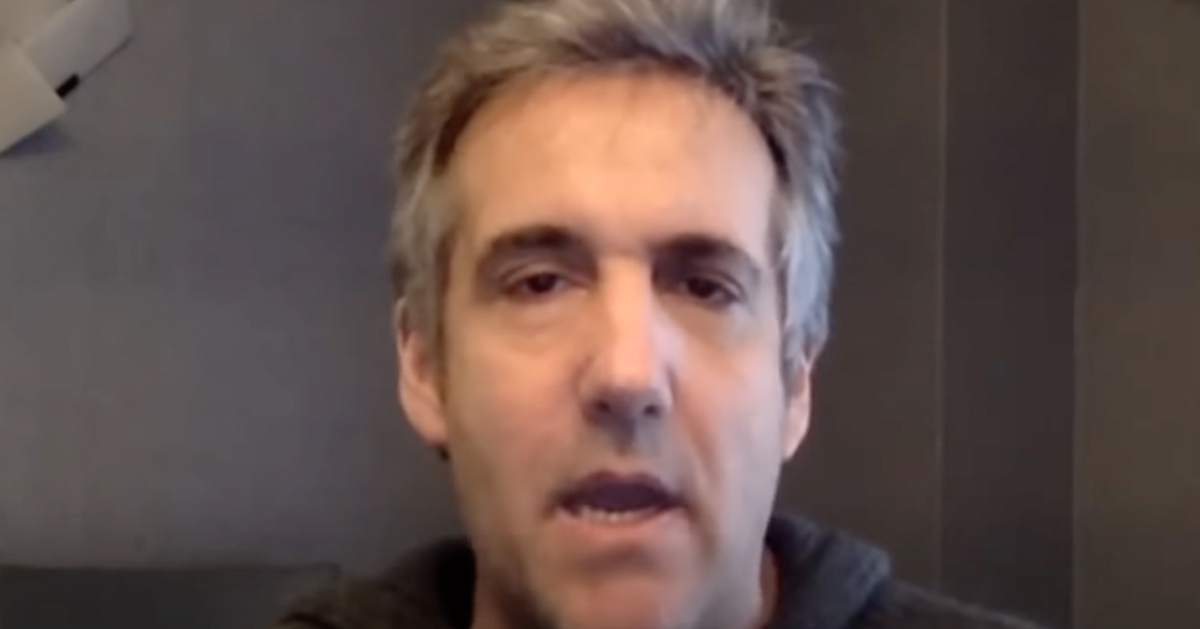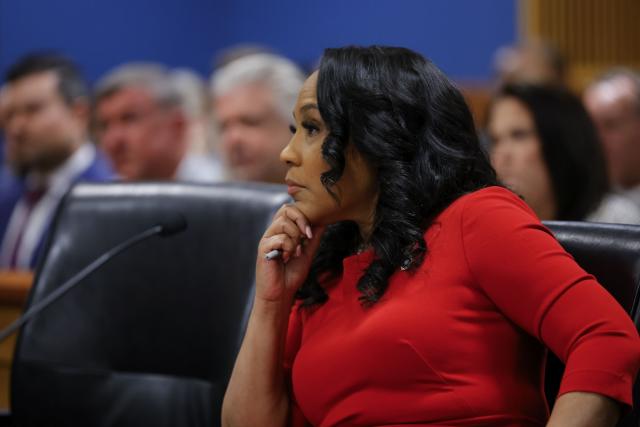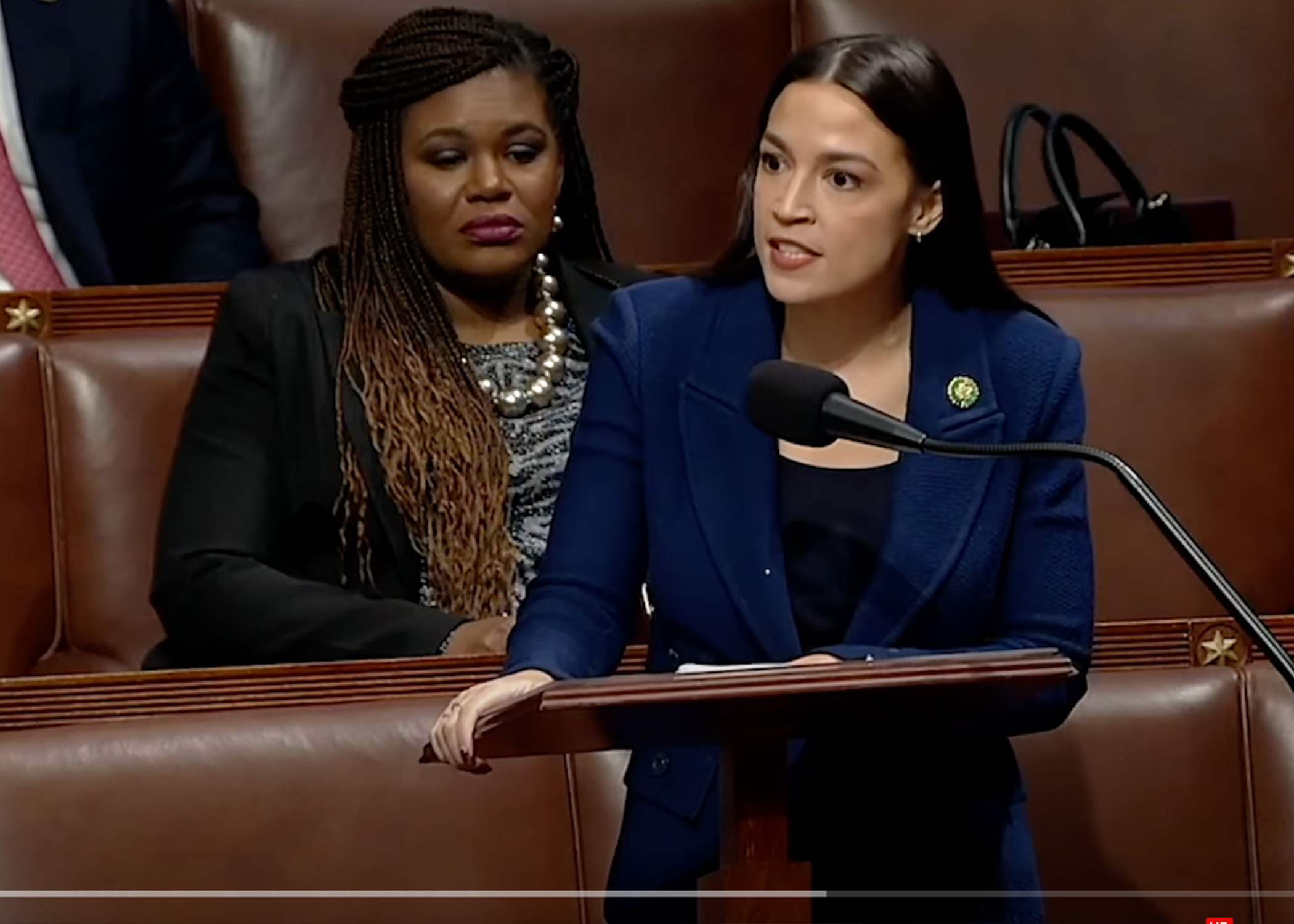White House Defends Fiscal Strategy Amid Rising Deficit Concerns
The White House recently attempted to defend its economic record in the face of a $1.8 trillion deficit for fiscal year 2024, the third largest in U.S. history.
Press Secretary Karine Jean-Pierre placed much of the blame for the emergent budgetary problems on tax cuts passed during former President Donald Trump’s administration, specifically pointing to policies she says benefited billionaires and large corporations, as the Washington Examiner reports.
The fiscal year 2024 deficit, which increased by 8% compared to fiscal 2023, was compounded by rising federal debt interest payments, which surpassed $1 trillion for the first time.
This, along with increased spending on Social Security, healthcare, and the military contributed to the ballooning deficit. The White House, therefore, sought to contrast its efforts with the policies favored by Republicans, which the administration argues prioritize the wealthy over middle-class Americans.
Biden Administration Highlights Deficit-Reduction Efforts
Jean-Pierre emphasized what she said were the Biden administration's actions aimed at curbing the deficit, including a debt ceiling agreement with former House Speaker Kevin McCarthy. The agreement is projected to reduce the deficit by $1.5 trillion over the next decade. These efforts, she claimed, demonstrate the administration's commitment to responsible fiscal management while supporting the middle class.
The Biden administration has also focused on continuing economic growth, lowering the unemployment rate, and reducing living costs for Americans. Jean-Pierre argued that these efforts starkly contrast with Republican policies, which she described as favoring tax cuts for the wealthiest Americans at the expense of ordinary citizens. She said the Republican agenda would make it harder for middle-class families to thrive.
Jean-Pierre rejected claims that the current deficit reflected economic weakness on the part of Democrats. Instead, she insisted that it was a direct consequence of decisions made by the Trump administration.
Federal Spending and Economic Challenges
Several factors have contributed to the growing deficit, beyond tax cuts. Federal spending on key programs like Social Security and healthcare has surged, along with military expenditures. Additionally, interest payments on the national debt, which have now surpassed $1 trillion, continue to place a significant strain on government finances.
The Biden administration has responded by introducing initiatives such as the Inflation Reduction Act, aimed at controlling rising costs. Despite these measures, Jean-Pierre acknowledged that there is still much work to be done in addressing the country’s fiscal challenges. She reaffirmed the administration's commitment to pushing forward with these initiatives, even as Republicans in Congress remain opposed to many of their proposals.
Contrasting Visions for the U.S. Economy
The contrast between the Biden administration's approach and that of its Republican opponents has become a key talking point for the White House. Jean-Pierre argued that Republicans are committed to policies that continue to prioritize the wealthy. “They want to continue to give tax cuts to billionaires and corporations,” she stated.
In contrast, the Biden administration, according to Jean-Pierre, is focused on fostering economic growth that benefits all Americans. She emphasized that the administration's goal is to lower unemployment, keep costs down, and provide more economic opportunities for working families.
Trump vs. Harris: Economic Policy Debate
While the White House continues to defend its economic policies, the debate over fiscal responsibility and the future of the U.S. economy is shaping up to be a central issue in the 2024 presidential election. A fiscal think tank, the Committee for a Responsible Federal Budget, has estimated that Trump’s proposed policies for 2024 would add $7.5 trillion to the national debt. Meanwhile, Vice President Kamala Harris's proposals are projected to increase the debt by $3.5 trillion.
Polling on economic issues shows mixed results. A survey conducted by the Associated Press and the NORC Center for Public Affairs Research found that voters were split on who would handle the economy better. Harris held a narrow advantage on issues like middle-class taxes and housing costs, while Trump was favored on tariffs and job creation.
White House Continues to Defend Economic Record
Despite the rising deficit, the Biden administration remains steadfast in its defense of its economic policies. Jean-Pierre argued that the administration inherited a country struggling under the weight of the pandemic, which had left many businesses shuttered and schools closed. She credited President Biden and Vice President Harris with turning the situation around by prioritizing economic recovery.
According to Jean-Pierre, the administration's focus on long-term economic growth sets it apart from Republicans in Congress, whom she accused of opposing measures aimed at helping working families. She underscored the White House's determination to keep pushing forward with policies designed to lower costs and create jobs.
Conclusion
The White House continues to defend its fiscal and economic strategies amid growing concerns over the rising deficit.
While blaming the tax policies of the Trump administration for much of the current fiscal situation, the Biden administration has highlighted its efforts to reduce the deficit, lower costs, and grow the economy.
The debate over the U.S. economic future is expected to remain central to the upcoming presidential election, with Trump and Harris offering differing visions for the country's financial direction.
As both sides continue to clash on the best way forward, voters remain divided on which approach will lead to a more stable and prosperous future.






